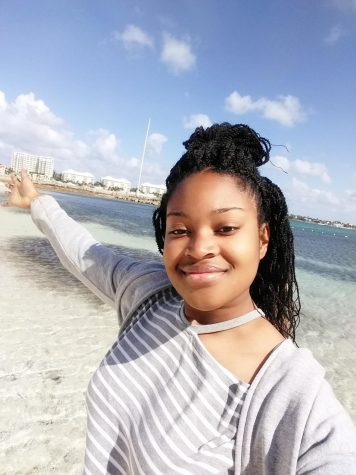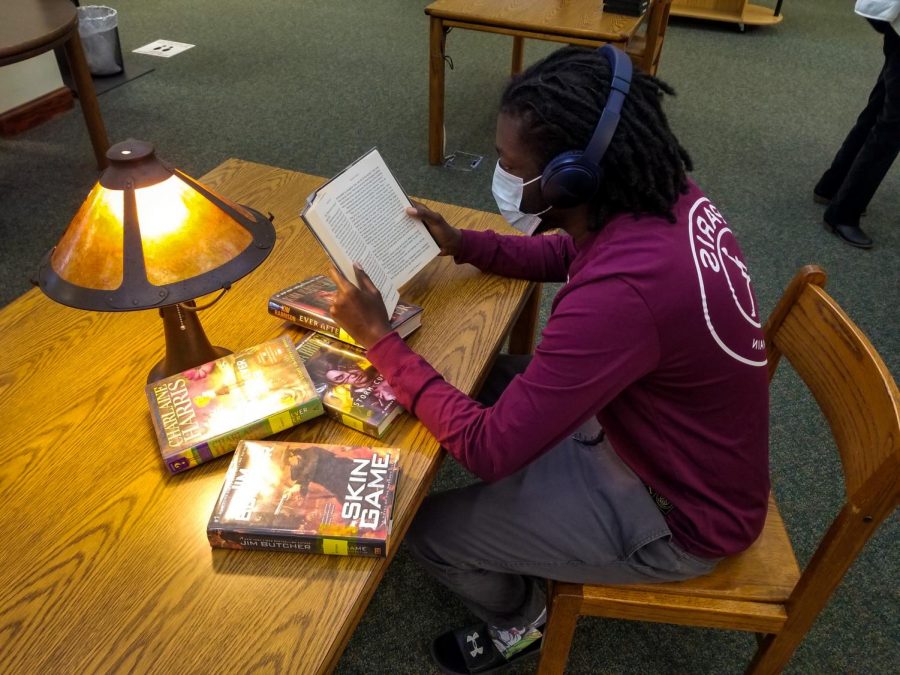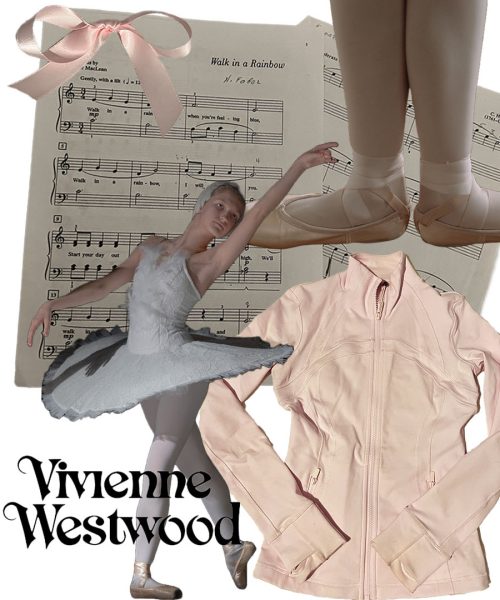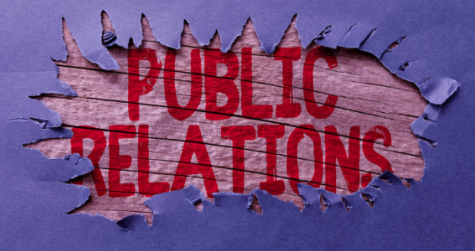The reality is, urban fantasy is more popular than ever
Gone are the days when Edward, Bella, and Jacob’s awkward love triangle was the most well known piece of supernatural literature (thank god for small favors). The urban fantasy genre has grown, changed and broadened with age and experienced writers.
Urban fantasy is a niche subgenre of fantasy in which supernatural elements are mixed with city settings and modern technology, hence the title.
“At its core, it’s magical and supernatural events and characters interacting in and with a modern setting,” sophomore Annabelle Lockso said. “In other fantasy books, you don’t really get that too much.”
Combining real-world problems like rush-hour traffic and light bills with magical or mystical elements is the essence of urban fantasy. Most urban fantasy novels take place in real cities, such as Laurell K. Hamilton’s “Anita Blake: Vampire Hunter” series, taking place in New Orleans.
“Normally urban fantasy has problems that you would find more in a populated city than just on the outskirts, and it focuses more heavily on that,” sophomore Jordan Riggins said.
Often the magical aspect of urban fantasy comes from the creatures that have been incorporated into the world. Typical urban fantasy cryptids include zombies, vampires, werewolves, druids, demons, shapeshifters, and perhaps a mage or wizard.
According to MasterClass writing tips, the key to writing a strong urban fantasy is perfecting the blend between worlds; when establishing the world, creating rules and sticking to them are crucial.
“What mainly draws me to [urban fantasy] is the blend of modern tech and ancient magic. It adds new depth to our world,” senior Duncan Ravert said.
Urban fantasy typically comes with a gritty, noir-like aesthetic. Most authors structure their stories like police procedurals and have some level of investigation as the main conflict. The “Alex Craft” series by Kalayna Price and “The Hollows” series by Kim Harrison are prime examples.
“I like ‘The Bone Witch’ which I consider urban fantasy. It’s about a girl who practices necromancy, and she travels throughout cities trying to learn magic,” Riggins said. “They have a darker element to them, and I really enjoy that.”
A blend of several different genres including horror, thriller, mystery, sci-fi, and romance can be seen woven through the pages of any urban fantasy novel.
“The beauty of UF is that it operates under a very broad scope, allowing many other genres and elements of storytelling to be blended in with it. This is what makes the genre so appealing for many writers such as myself, because it offers quite a bit of freedom to create whatever story you want,” urban fantasy author N. P. Martin said.
Martin is relatively new to the genre but has written several works including the “Nephilim Rising” series, “The Ethan Drake” series and the “Gods and Monsters Trilogy.”
Urban fantasy is a genre that is steeped in tropes. The snarky lead who initially has a weak grasp on the magical world, an action oriented mystery plot, and romance are some of the most common motifs. Overuse of tropes can lead to a formulaic feel, but original twists on common themes create more variety.
“As far as tropes, I would like to see less of the romance triangles, love at first sight, werewolves and vampires,” media specialist Carrie Mabry said. “Some of the books follow the same character type, pattern and/or plot, so they seem more like ‘cookie-cutter’ fantasies rather than stories that take a new and original approach.”
Ilona Andrews’ “Kate Daniels” series and Jim Butcher’s “Dresden Files” series have predicated many modern urban fantasy book tropes. These series, largely considered the gold standard of the genre, have become a template for many budding UF authors.
Protagonists who solve supernatural and human crimes and themes of the occult updated for the modern day are two things that Butcher is well known for that can be seen incorporated into other books; for example, Kevin Hearns’s “Iron Druid Chronicles” which stars Atticus O’Sullivan, a Druid running an occult bookstore.
“Every diehard urban fantasy reader knows that Jim Butcher’s books set a lot of urban fantasy tropes in stone. ‘The Dresden Files’ set the stage for literally hundreds of urban fantasy series that followed. The truth is, anyone who writes modern urban fantasy is borrowing heavily from Butcher’s ideas, concepts, and settings,” urban fantasy author M.D. Massey said.
Notable works in Massey’s collection include her magnum opus the “Colin McCool” series, otherwise known as the “Junkyard Druid” series.
One of the most common tropes of the genre, noticeably absent from “The Dresden Files”, is the female lead. A strong, snarky heroine is considered by some to be a main criteria of urban fantasy. Women are the target audience and primary authors of the vast majority of the genre.
“Something that could be improved is the lack of stories with male leads, but especially right now that’s improving as more authors write stories with male leads or male and females mixed together,” Lockso said.
Readership of the genre exploded in the 2000s with authors like Patricia Briggs, Cassandra Clare, Neil Gaiman.
“As a librarian, I have noticed that there is definitely an increased awareness regarding the genre as well as more interest by both students, teachers, and librarians. Books from this genre have also been further recognized more recently by library associations as award winners, Battle of the Book choices, and best fiction choices for young adults,” Mabry said.
Urban fantasy has shifted and adapted as long-running series end and new authors gain popularity. Though many fans are wary of what the future holds for urban fantasy, this type of change is expected of any well-rounded genre.
“I would say [urban fantasy] is shifting and changing, and this is just me, but I wouldn’t judge whether or not a genre is dying based on if there are big name authors writing in it. You can have smaller authors writing in it but their books are great,” Lockso said. “I think the genre is growing and changing a little bit, but it’s good that it is.”

This is Rhema Meggett, she’s a senior and the News Page editor of the Spartan Shield. She has been on staff for three full years, the longest of anyone...





